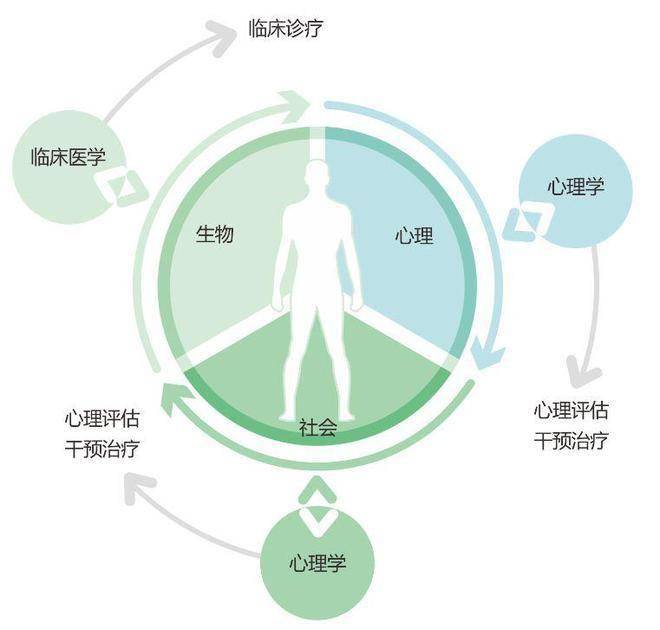Some people say that more than 30% of patients in the cardiology outpatient department have psychological problems. Based on our clinical observations, it’s actually more than 50%. Therefore, many hospitals have started offering “dual heart clinics.”
A few days ago in the outpatient clinic, I encountered two patients with heart conditions caused by emotional distress, which was quite typical.
The first patient was Mr. Zhang, who is nearly 70 years old.
Mr. Zhang has hypertension, diabetes, and had experienced ventricular premature beats many years ago, occurring 500 to 3000 times in 24 hours, which isn’t considered high. After treatment, his condition stabilized, and the symptoms reduced. However, he recently felt palpitations and an increase in premature beats.
The doctor asked Mr. Zhang if there were any recent issues as changes in symptoms always need to be investigated.
It turned out that Mr. Zhang’s elderly relative passed away, leading to family conflicts related to inheritance, even considering legal action. Mr. Zhang felt troubled, couldn’t sleep well, and after a few days, he started experiencing palpitations and more premature beats.
The second patient was Ms. Li, who is less than 50 years old.
She also experienced palpitations. Ms. Li had hypertension and had previously experienced palpitations that were relieved by taking “Xin Ke Shu” medication. However, her palpitations worsened in the past week, lasting over half an hour each time. Even medications were ineffective, and she could only relax by listening to music to alleviate the symptoms.
Ms. Li revealed that her child was diagnosed with lymphoma, got a successful match, and was preparing for transplantation, but the child was being disobedient. Ms. Li felt angry and agitated, worsening her palpitations. Even her previously well-controlled blood pressure increased.
Clearly, both of these patients experienced changes in their cardiovascular conditions due to emotional distress.
In fact, our ancestors recognized the relationship between emotions and diseases long ago. Phrases like “joy hurts the heart, anger hurts the liver, overthinking hurts the spleen” highlight the impact of emotions on bodily ailments. In the 19th century, Western scientists introduced the concept of “psychosomatic,” emphasizing the primary role of psychological factors in the onset of diseases. By the 1970s, the medical model had shifted from a “biomedical model” to a “bio-psycho-social medical model.”
Cardiovascular diseases are closely related to emotional well-being. In the 1980s…
The translation continues.


